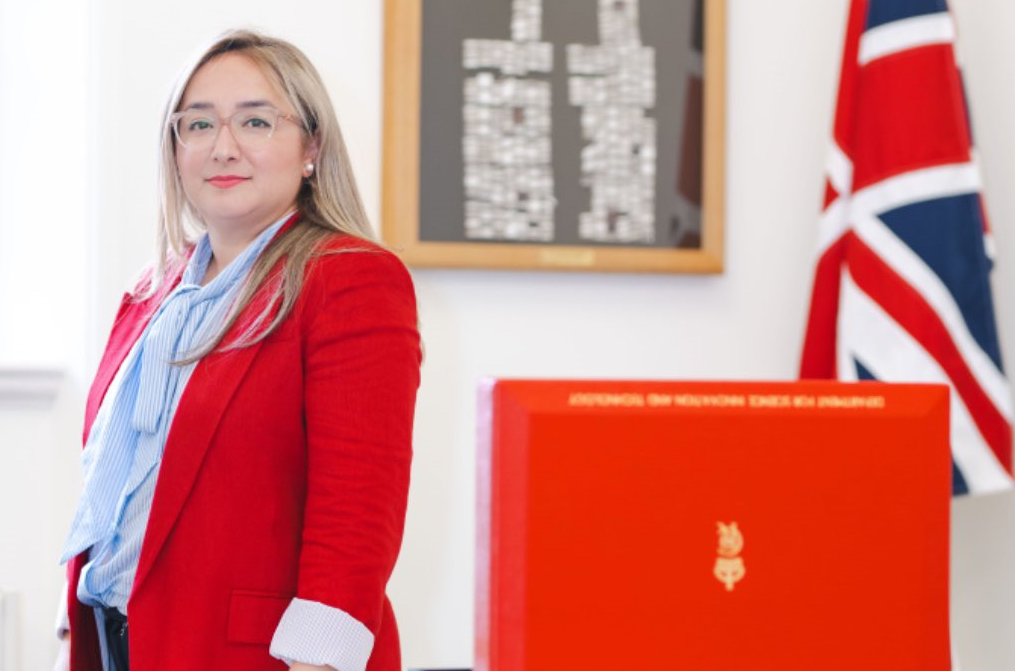Qualifications push targets 11 million adults who lack basic knowhow
Credit: Fotolia
The Department for Education has announced that it will improve its basic digital skills qualifications for adults and will launch a set of draft national standards to underpin them, to ensure more people can get online.
It will also introduce a national entitlement for adults who lack basic digital skills to enrol on the new qualifications for free from 2020.
Under the plans, basic digital skills qualifications will be offered at “beginner” and “essential” levels. And new national standards will set out the core digital skills people are likely to need, such as performing everyday tasks including how to navigate the internet, completing online forms and making online payments.
Related content
- Mayor launches £7m digital-skills scheme for women and BAME Londoners
- Digital skills role outlined for local government
- A Closer Look – assessing a mixed first year for the Government Transformation Strategy
The plans, however, will be shaped fully by the results of a public consultation launched by the department that is seeking views on the move.
Digital inclusion charity Good Things Foundation’s chief executive Helen Milner said: “Putting digital literacy on the same footing as English and maths is an important step, recognising the centrality of digital skills in the modern world. In doing so, it is vital that we don’t leave anyone behind, and that in particular we reach and support the most excluded in society who are more likely to lack digital skills.
“Having a single, agreed set of national standards will also ensure that providers of digital skills are working towards the same goal: helping as many adults as possible use digital to be happier, healthier and better off.”
Minister for digital and the creative industries Margot James said: “Everyone should be able to take advantage of digital technology, whether it is learning how to send emails or developing specialist skills to work in a tech role.”
A separate consultation is to be launched by qualifications regulator Ofqual, to help refine the details, such as the naming and structure of the qualifications and coverage of the national standards.
An estimated 11.3 million adults in the UK do not have the basic digital skills required to carry out day-to-day tasks online, such as sending an email or completing an online form, according to a recent report from Ipsos MORI, and 4.3 million have no digital skills at all.
Around 90% of all jobs in the next 20 years will require some form of digital knowledge, industry projections suggest.
The DfE made its qualifications the announcement during Good Things Foundation’s Get Online Week, which runs until 21 October. The annual campaign sees community groups hold digital skills awareness events across the country with the help of government, business and volunteers.



